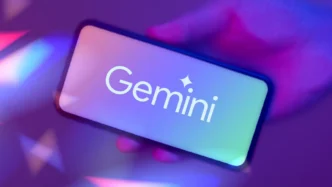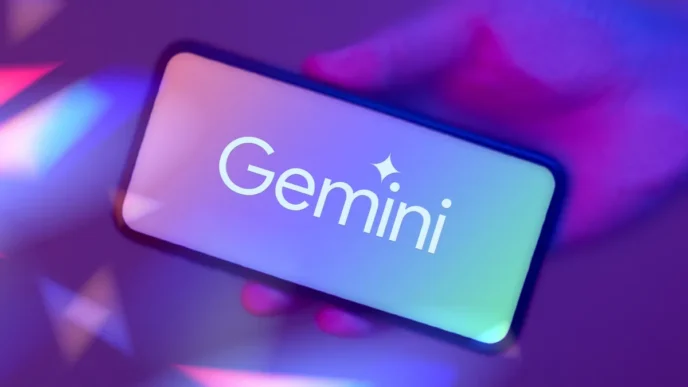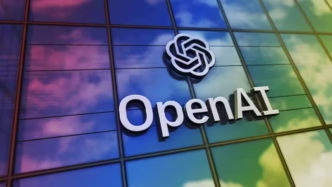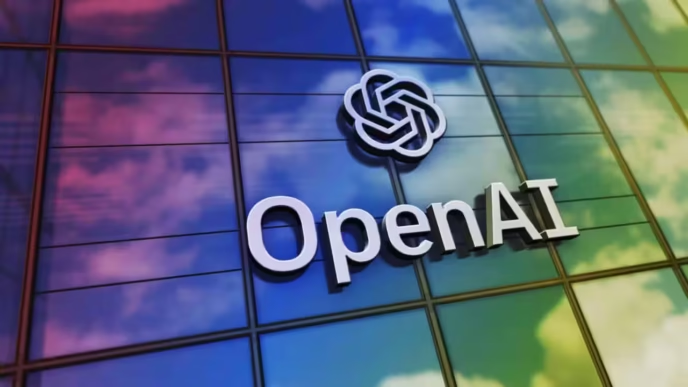Newly surfaced court documents have pulled back the curtain on the secret efforts of OpenAI and Jony Ive to build a next-generation AI hardware device. The filings, tied to an ongoing trademark lawsuit, reveal that the companies have been deeply engaged in researching and prototyping a product designed to push the boundaries of AI beyond screens.
The legal battle centers around a claim by iyO, a Google-backed startup that makes custom-molded in-ear earpieces. The startup has accused OpenAI and Ive’s company, io, of infringing on its brand. In response to the court’s order, OpenAI recently scrubbed promotional content related to its $6.5 billion acquisition of io—a rare move for a company of its stature. The company denies any wrongdoing and is contesting the allegations.
Despite the public-facing silence, the filings show a flurry of behind-the-scenes activity. According to court documents submitted on June 12, OpenAI and io have spent over a year exploring in-ear hardware as part of their broader investigation into AI-powered devices. They reportedly bought at least 30 types of headphones to study what’s currently on the market.
In fact, OpenAI and io’s leadership even met with iyO executives earlier this year, demoing products and learning about the startup’s technology. That meeting, which took place at io’s San Francisco office in Jackson Square, didn’t go smoothly. According to emails referenced in the filings, OpenAI’s VP of Product Peter Welinder and io’s Chief Hardware Officer Tang Tan were unimpressed when iyO’s product failed several times during testing.
Still, OpenAI’s first AI hardware device may look nothing like a pair of headphones.
OpenAI’s AI Device May Be More Than Just Wearables
Tang Tan, formerly a key player at Apple and now leading hardware efforts at io, clarified in court that the prototype mentioned by OpenAI CEO Sam Altman isn’t an in-ear or wearable device at all. In fact, the design hasn’t even been finalized, and it’s at least a year away from hitting the market.
Altman himself has hinted at a more ambitious vision. In io’s launch video, he teased the idea of building a “family” of AI hardware devices—each offering unique capabilities. Jony Ive described the prototype as something that “completely captured” his imagination, adding further mystery to the form factor.
Internally, OpenAI describes the upcoming product as a “third device”—something that complements, rather than replaces, your smartphone and laptop. According to The Wall Street Journal, Altman suggested it could either fit in your pocket or sit on a desk. More importantly, it would be designed to understand your environment—a key capability in the age of ambient AI.
OpenAI’s court filing further confirms they’re casting a wide net. The team is reportedly evaluating form factors ranging from desktop and mobile devices to wearable and wired gadgets. This suggests that the company isn’t locking itself into the popular smart glasses race, even as Meta and Google continue pouring billions into that category.
Behind-the-Scenes Tensions with iyO
The legal spat with iyO adds a twist to this otherwise secretive product roadmap. Despite publicly downplaying interest in in-ear devices, OpenAI and io executives took enough interest to meet with iyO CEO Jason Rugolo in early May. That meeting was arranged through a mutual Apple connection—Steve Zadesky, a former executive who advised both sides.
Although Tan insisted the meeting was a courtesy, internal emails show io’s engineers were intrigued by iyO’s approach to ear scanning and fit customization. One engineer even floated the idea of acquiring a large scan dataset from iyO’s partner, The Ear Project, to help optimize ergonomics for future products. It’s unclear whether any transaction took place.
Rugolo, meanwhile, reportedly tried hard to formalize a partnership. He pitched iyO’s hardware as a potential developer kit for OpenAI’s device and even offered to sell his company for $200 million. According to court filings, all proposals were declined by Tan.
In a sworn statement, Evans Hankey—another former Apple executive and now io’s Chief Product Officer—reinforced that the team is not developing a custom-molded earpiece. That clarification, along with Tan’s remarks, strongly suggests that while OpenAI explored the category, its first product is likely headed in a different direction.
At this point, we know little about the final form of OpenAI’s AI hardware device—but it’s clearly not just another set of smart headphones. As the lawsuit unfolds and development continues behind closed doors, all eyes will be on how OpenAI and io plan to redefine human-device interaction.













